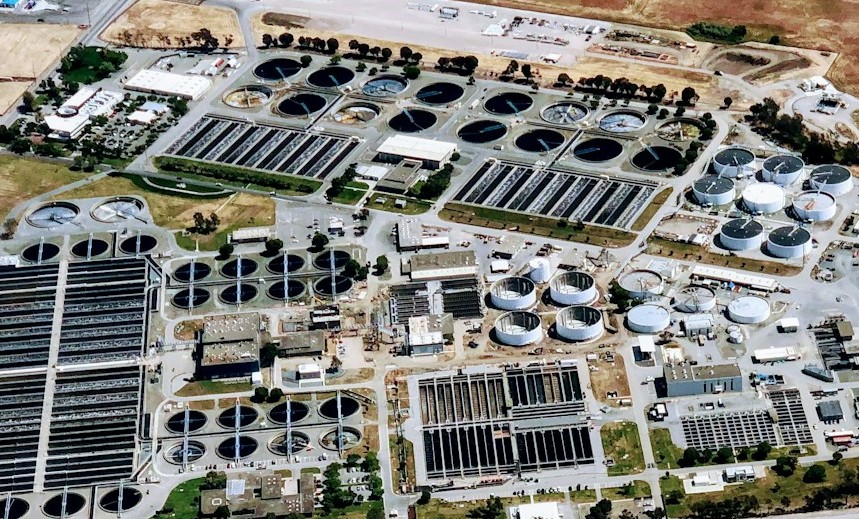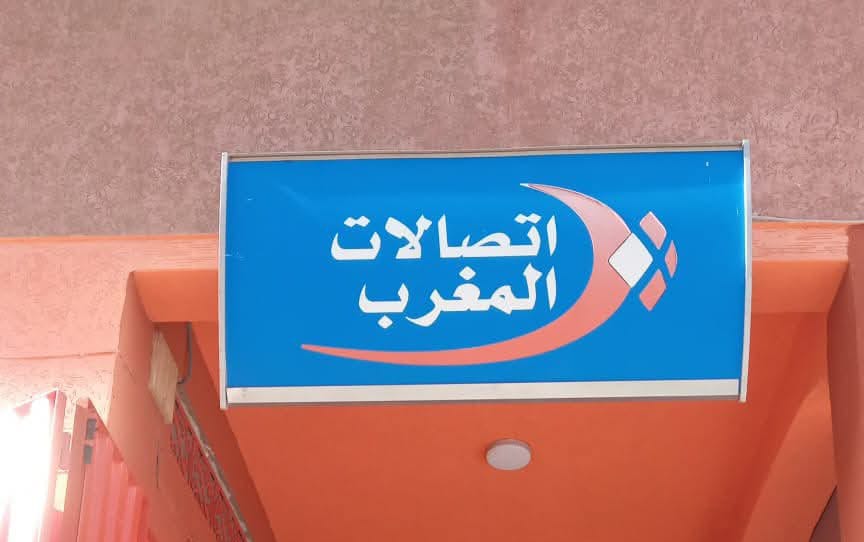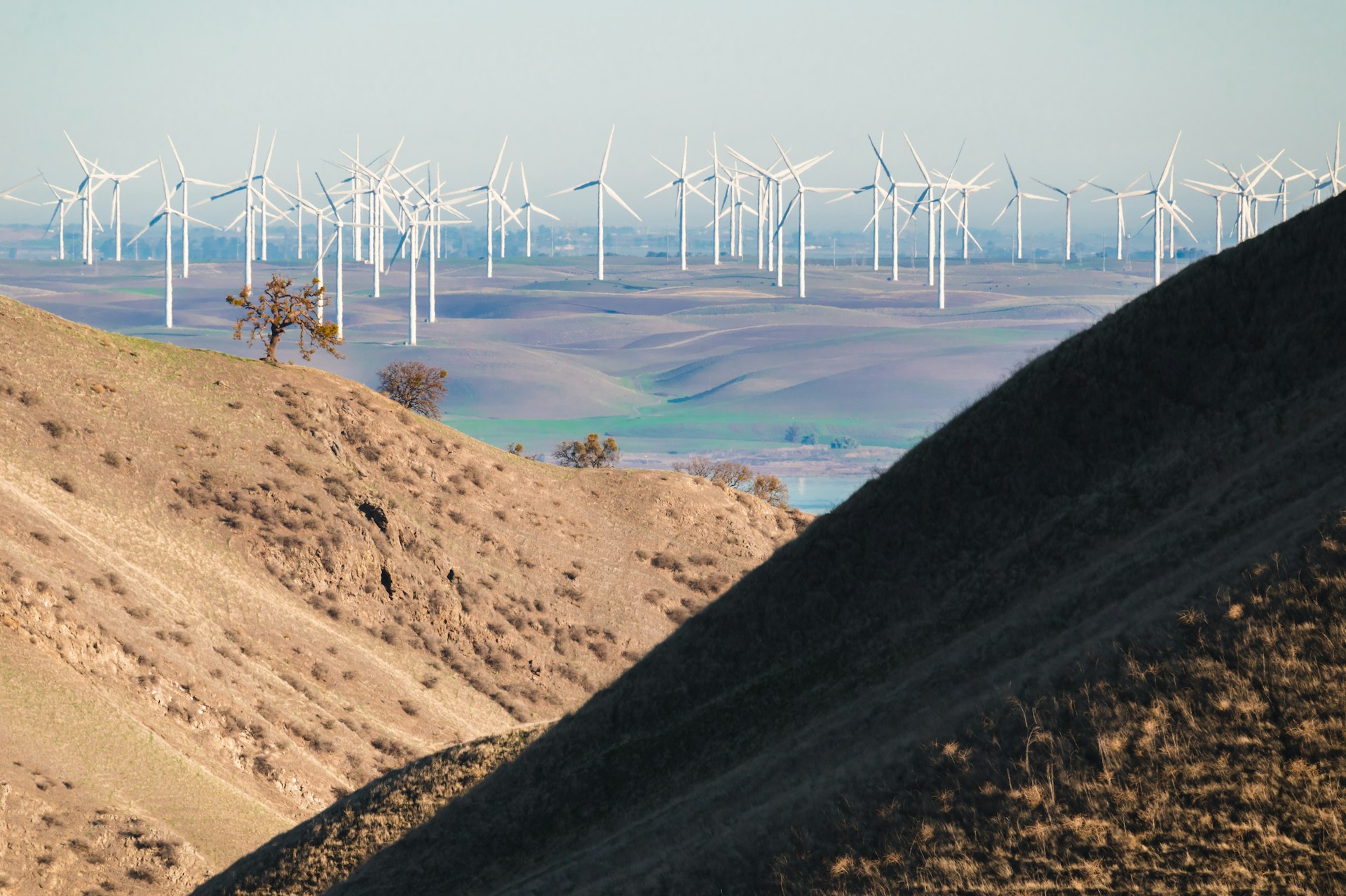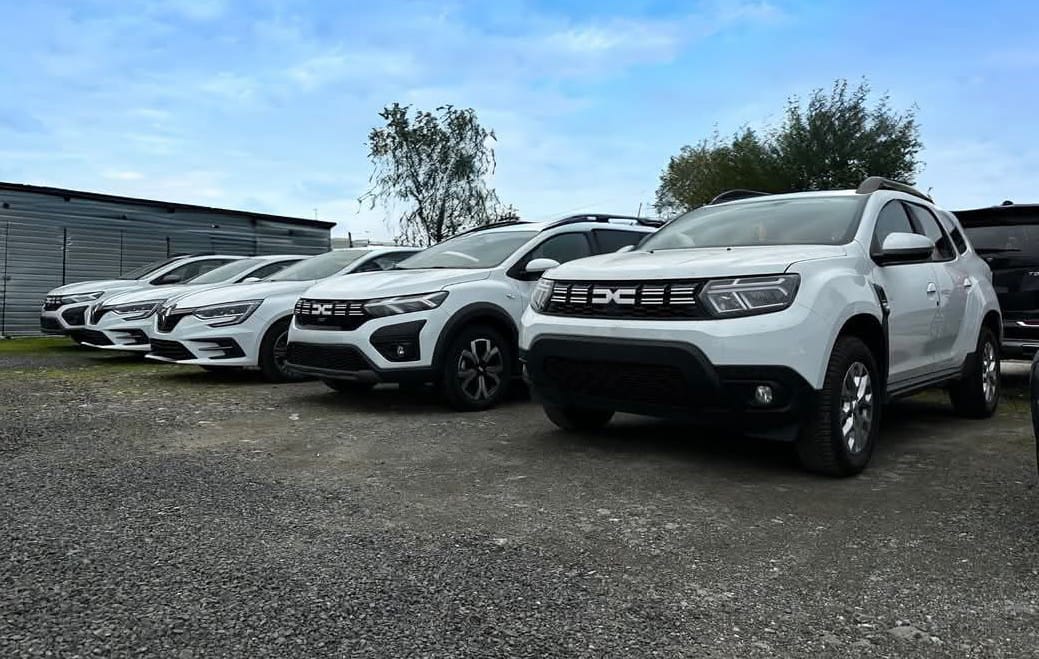Casablanca – The United Arab Emirates-based renewable energy firm AMEA Power has officially joined the second phase of the Agadir seawater desalination project in Morocco, marking its first foray into the water sector in North Africa. This milestone project is being developed in partnership with Spanish infrastructure company Cox, which led the development of the plant’s initial phase. The venture aims to integrate sustainable water supply and renewable energy infrastructure in a region increasingly affected by water scarcity and climate pressures.
The second phase of the Agadir desalination plant will raise the facility’s capacity to 400,000 cubic meters per day, positioning it among the largest desalination facilities in Africa. Once operational, the expanded plant will significantly enhance potable water supply for southern Morocco, particularly for the Souss-Massa region, which faces mounting pressure on its water reserves due to prolonged drought and growing urban and agricultural demand.
Green energy backbone: A 150 MW wind farm in Laâyoune
What sets this phase apart is the plant’s complete reliance on renewable energy, a rare but increasingly important approach to climate-resilient infrastructure. AMEA Power will supply green electricity through a 150-megawatt wind farm currently under development in Laâyoune, located in Morocco’s southern provinces. This wind facility, scheduled to be operational by 2027, will ensure that the desalination process—typically energy-intensive—remains environmentally sustainable and cost-effective in the long run.
The project forms part of a strategic joint venture agreement signed in May 2025 between AMEA Power and Cox. The agreement aims to develop integrated infrastructure projects that jointly address water access and clean energy needs in Morocco and other African markets.
According to statements released by AMEA Power, the total investment in the second phase of the Agadir project, including the construction of the wind farm, will exceed $275 million. The desalination facility is expected to be completed and operational by late 2026, with the wind farm coming online the following year.
Morocco’s broader strategy for water security
Morocco has increasingly prioritized non-conventional water sources such as desalination to tackle its chronic water deficit. The Agadir plant is one of several large-scale projects spearheaded by the government, with support from international and private-sector partners, to reinforce national water security. Another key project in the pipeline is the Tiznit–Taroudant desalination plant, which is expected to be operational by 2028, according to Morocco’s Minister of Equipment and Water, Nizar Baraka.
With rural communities, agriculture, and tourism all depending on a consistent water supply in the southern regions, the Agadir project is seen as a critical piece of infrastructure. It not only addresses urgent local needs but also aligns with Morocco’s national strategy to adapt to climate change, preserve aquifers, and reduce reliance on fossil fuels.
A long-term commitment to Morocco
Commenting on the project, Hussain Al Nowais, Chairman of AMEA Power, stated:
“Our participation in the second phase of the Agadir desalination project, through the Water Alliance Ventures platform, reflects AMEA Power’s ambition to deliver integrated solutions to water and energy challenges. This project is not only our first step into the water sector in North Africa, but also a compelling example of what long-term partnerships can achieve in building sustainable infrastructure.”
This move also reaffirms AMEA Power’s commitment to Morocco as a priority market. The company has already launched multiple renewable energy projects in the Kingdom, and its expanding footprint aligns with Morocco’s broader ambition to generate 52% of its electricity from renewable sources by 2030.
Through its collaboration with Cox and alignment with Morocco’s national development goals, AMEA Power is positioning itself as a key private-sector partner in Morocco’s dual pursuit of energy independence and water security. The Agadir desalination project, powered by clean wind energy, represents a new model of sustainable development that could be replicated across the continent as African nations confront the twin challenges of water scarcity and climate change.
















